Recently, I’ve turned my attention to the captivating land of East Africa — specifically Kenya — where it’s been an interesting and informative process learning about all the details that go into a sustainable safari. The last piece in this series In Search of a Responsible Safari highlighted a few outstanding options for safaris in Kenya. Along the way I also learned about a few companies who are less than sustainable, too (despite their marketing efforts).
However there was one company who stood out above the crowd and that was Gamewatchers Safaris.
Luckily, I got to ask a few questions of their Managing Director, Jake Grieves-Cook who is a wealth of information. When someone shows such dedication and passion to a cause, it’s simply infectious!
This quick Q&A will help you decide which companies to look for when booking a safari to Kenya and what sort of questions a responsible traveler should be asking in advance of booking!
Porini Lion Camp, Image Courtesy of Phil Edwards
In your view, what unique challenges does East Africa face when it comes to responsible tourism?
Image Courtesy of Gamewatchers Safaris
How is your company making a positive impact on the triple bottom line (economic, environmental, and social) in East Africa?
Image Courtesy of Gamewatchers Safaris
Does your company support (either directly or indirectly) canned hunting?
Image Courtesy of Gamewatchers Safaris
Do you think one tourist can make a difference (either positive or negative) and if so, how?
Are you able to cater to vegan travelers?
Image Courtesy of Gamewatchers Safaris
Please feel free to add anything you’d like to share with the audience on what makes your place(s) so unique.
These Camps are small and exclusive with no more than 10 guest tents so that your guests have just a few other like-minded people as company.
PORINI AMBOSELI CAMP is an exclusive bush camp of 9 guest tents in the Selenkay Conservancy, a private reserve beside Amboseli National Park in unspoilt wilderness and well off the beaten track.
PORINI MARA CAMP is set up on similar lines with 6 tents and is in the first private conservancy in the Mara eco-system at Ol Kinyei. We operate daily departures by air from Nairobi – a 45 minute flight.
PORINI LION CAMP is located in the exclusive 33,000 acre Olare Motorogi Conservancy which borders the Maasai Mara Game Reserve. The Camp is situated along the Ntiakatiak River and consists of 10 spacious guest tents.
PORINI BUSH CAMP shares its space with Porini Mara Camp in the Ol Kinyei Conservancy. Porini Bush Camp is a seasonal camp open between 15th July to 15th October for the high season.
PORINI RHINO CAMP with only six tents, located in the 90,000 acre Ol Pejeta Conservancy near Mt Kenya. All of the Big 5 are found here and this is the largest Black Rhino sanctuary in East Africa!
NAIROBI TENTED CAMP the only property inside Nairobi National Park, home to lions, leopards, rhino, buffalo, giraffe and numerous other game. There’s no need to stay in the city when you can be on safari on your first and last day in Kenya!
A HUGE thank you to Jake for taking the time to answer these questions and let us know where Gamewatchers Safaris and Porini Camps stands — and it’s definitely on the responsible side of safaris and conservation in Kenya.
For additional information on how Gamewatchers Safaris is supporting the local community please check out their Conservancy Concept which is full of rich information and issues that all responsible travelers to Kenya should be aware of. When booking your next trip to Kenya, think of them for a sustainable safari and a certainly unforgettable experience.
Please note that this is not a sponsored post and I sought out Gamewatchers Safaris on my own to do research in preparation for an upcoming trip to Kenya.

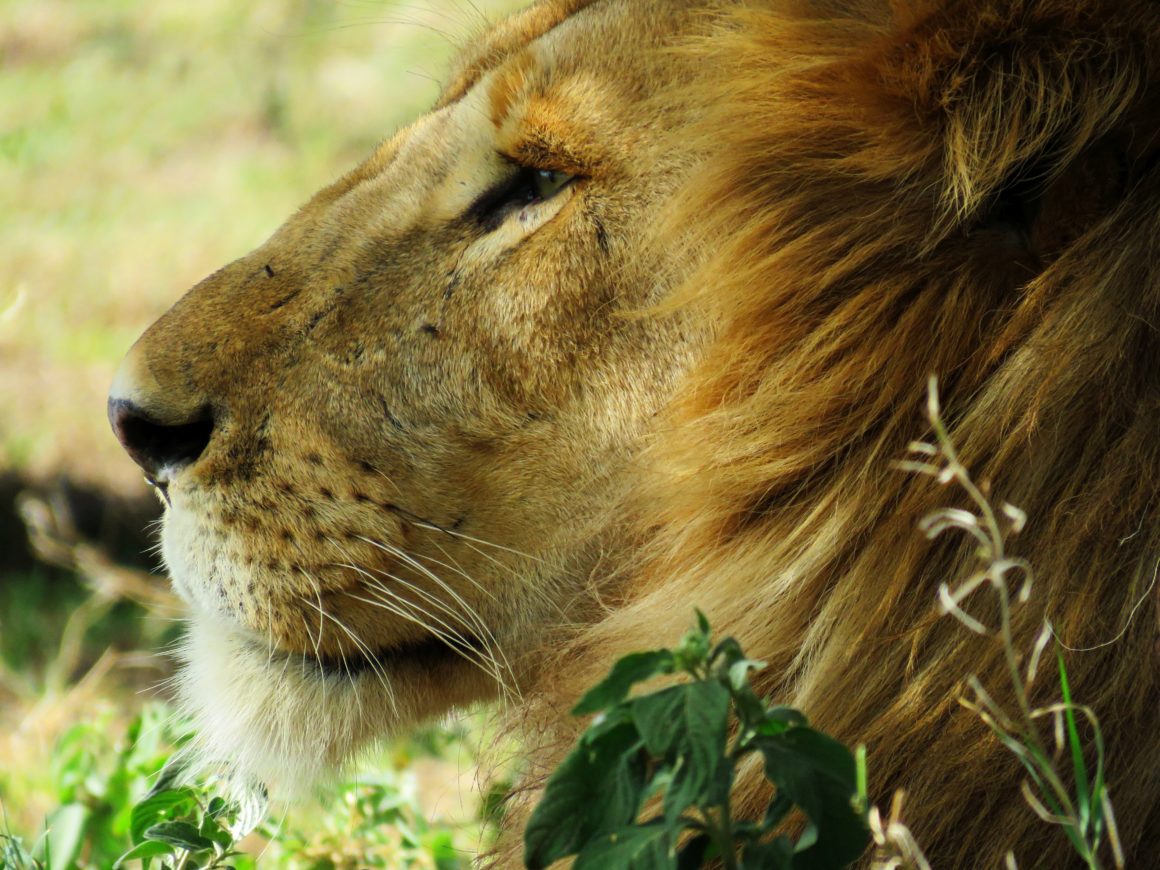
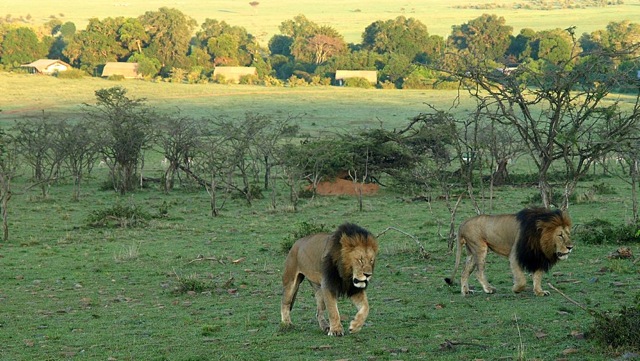
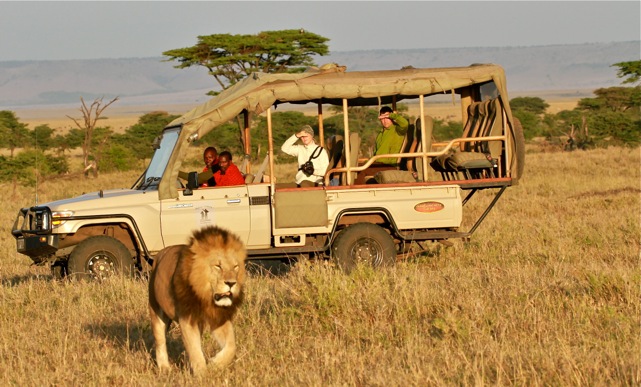
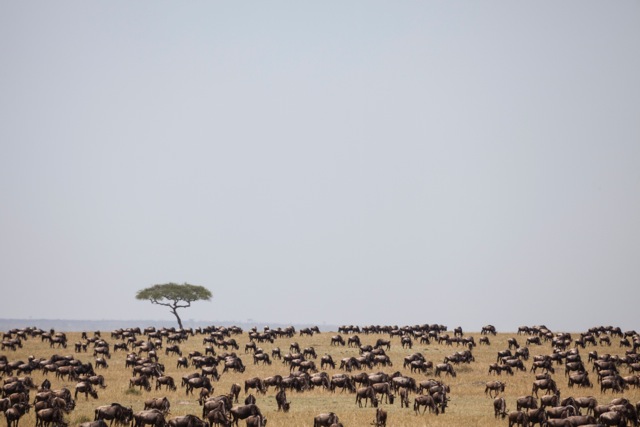
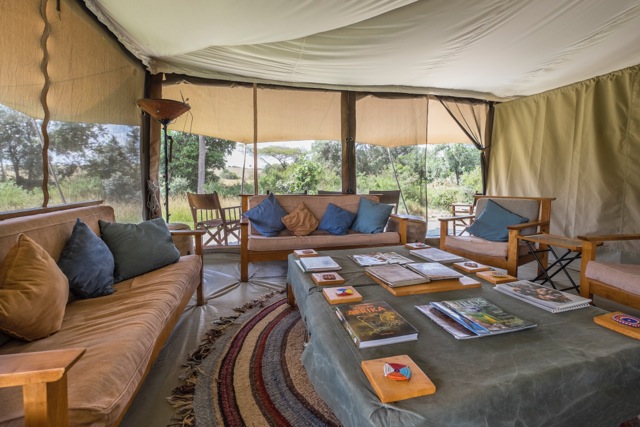
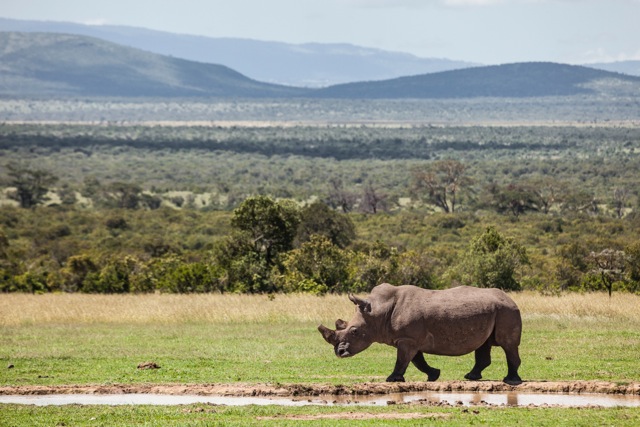
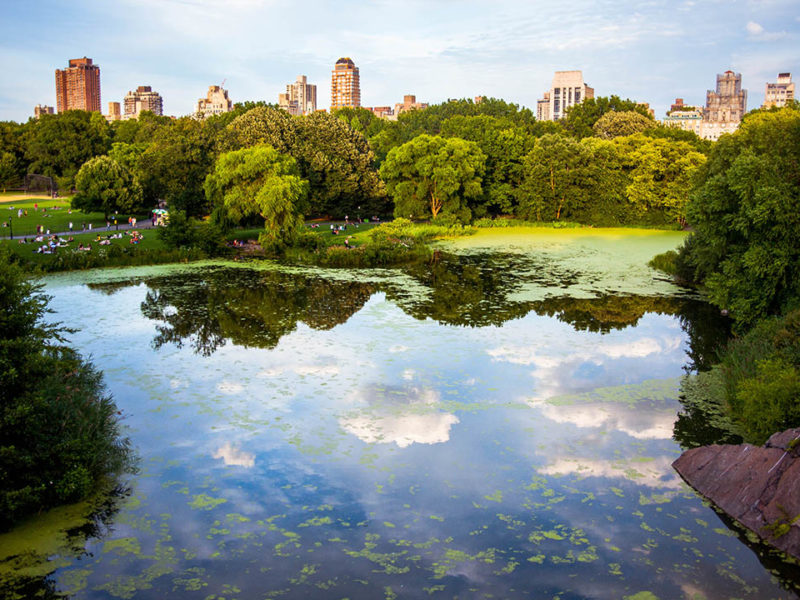
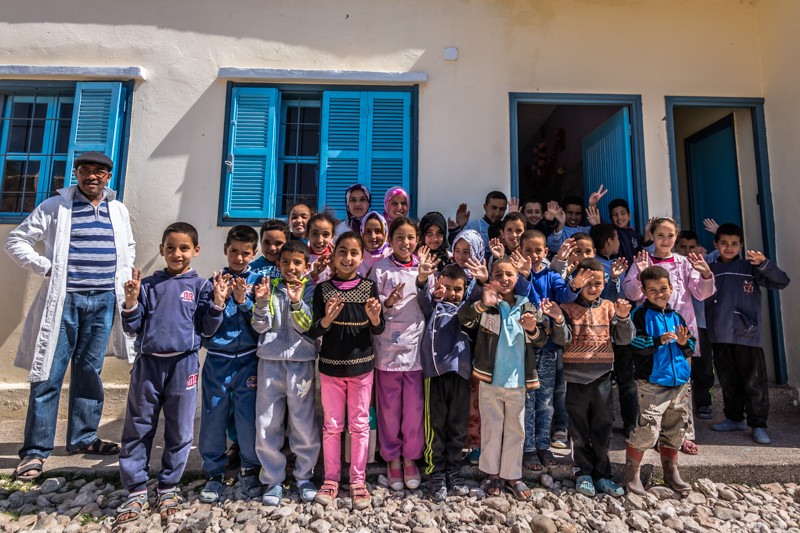
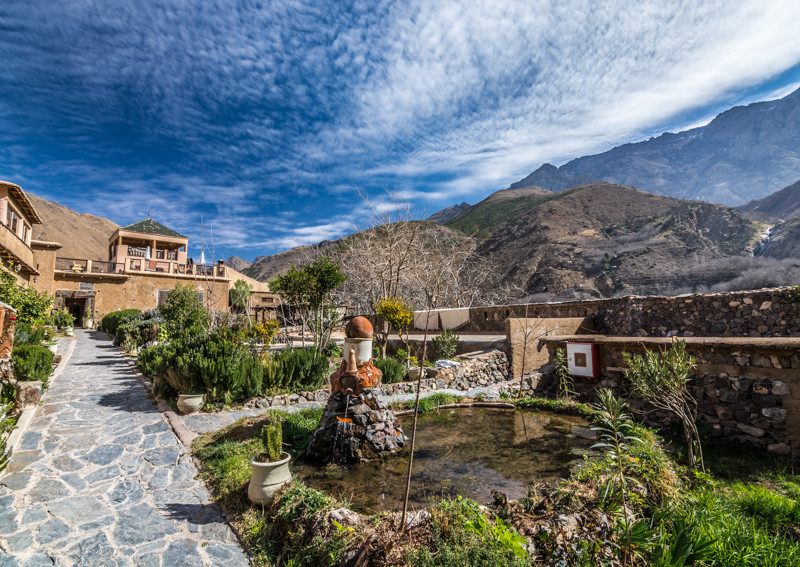

'Spotlight on Sustainable Safaris: Gamewatchers Safaris' has no comments
Be the first to comment this post!